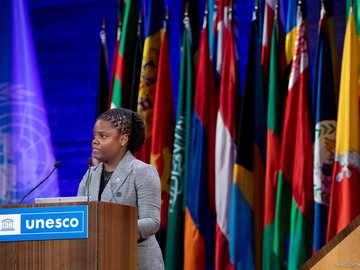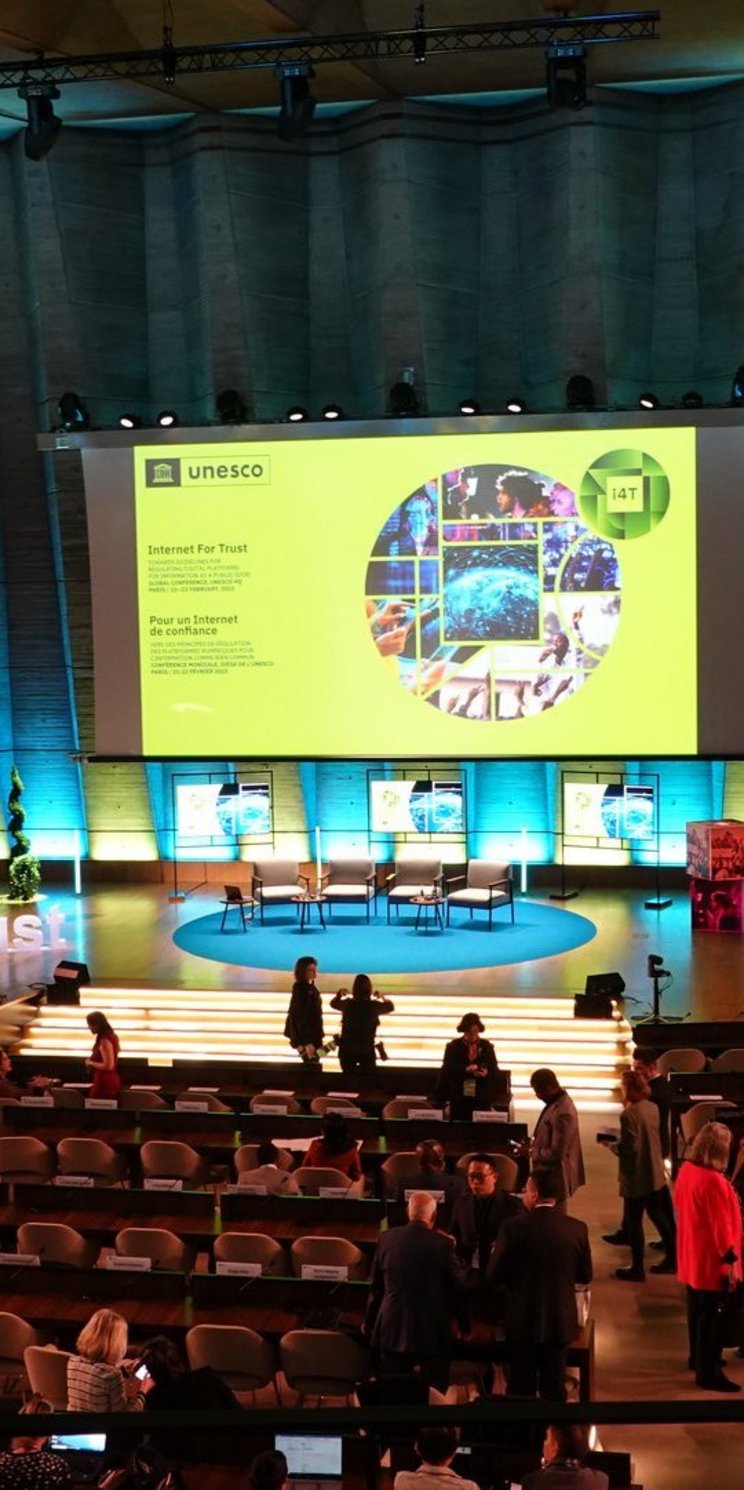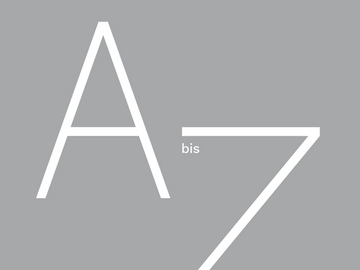
According to its constitution, UNESCO promotes ‘the free flow of ideas by word and image’. The goals of its communication and information programme include strengthening modern knowledge societies, developing and using artificial intelligence in an ethical and human-rights-oriented manner, promoting free access to information for all, and supporting information technology as a development factor. Consequently, UNESCO advocates an Internet that is free, open, human rights-based and trustworthy.
UNESCO is the only organisation within the United Nations given the mandate to protect the right to free speech and freedom of the press – also through concrete measures which ensure the safety of journalists. UNESCO has been intensively monitoring the rapid development of information and communication technologies. It is dedicated to promoting unimpeded access to information everywhere around the world, as well as providing the requisite skills to use this information sensibly.
Focuses of the German Commission for UNESCO
The German Commission for UNESCO coordinates the implementation of the UNESCO communication and information programme in Germany. It is committed to promoting free speech, freedom of the press and media pluralism by advising policymakers, bringing experts and perspectives together, initiating and engaging in discussions and motivating other organisations to participate. The Commission’s efforts focus on the opportunities and challenges that come with digitalisation, artificial intelligence and the Internet, especially in the areas of digital policy and media competence.


